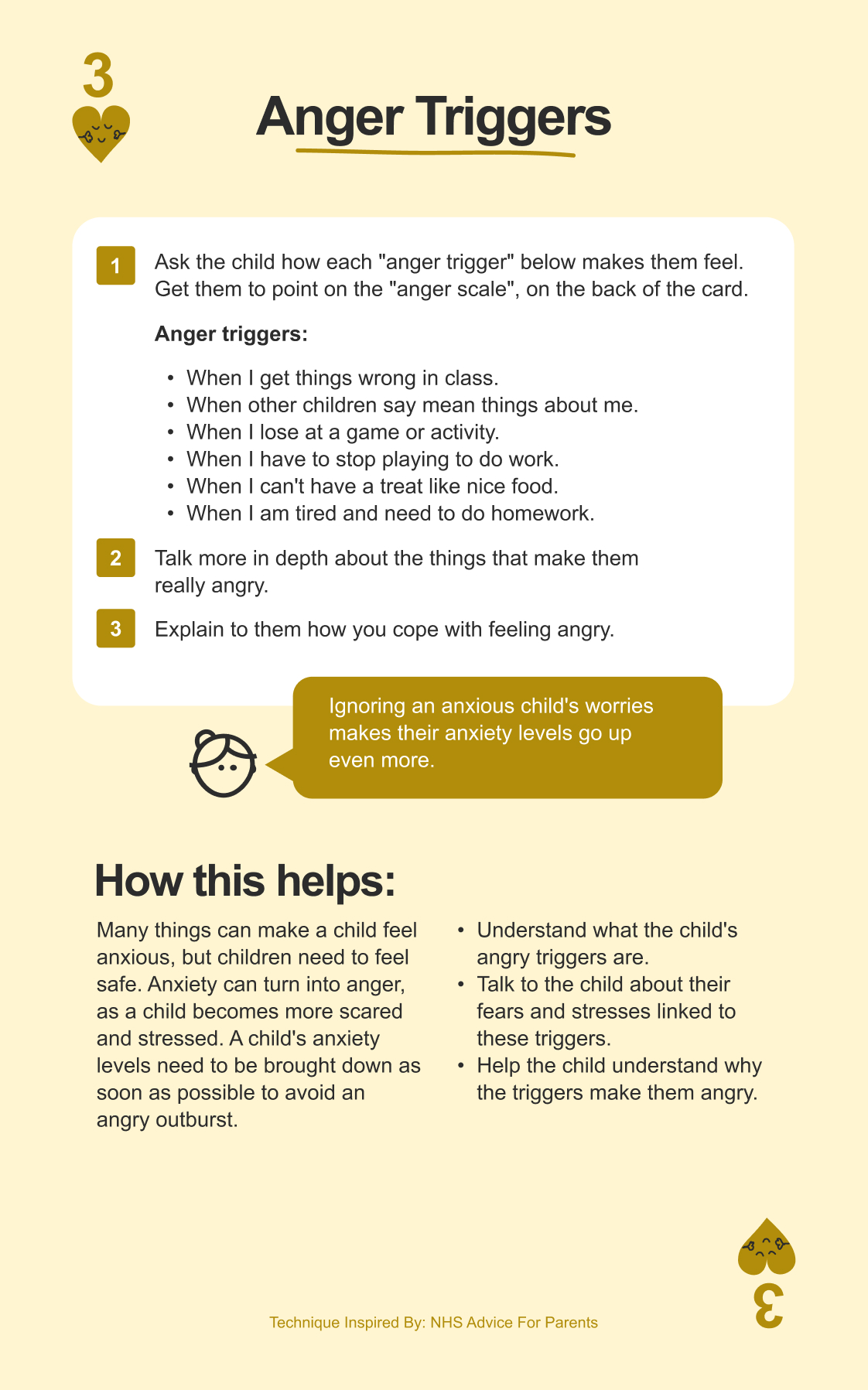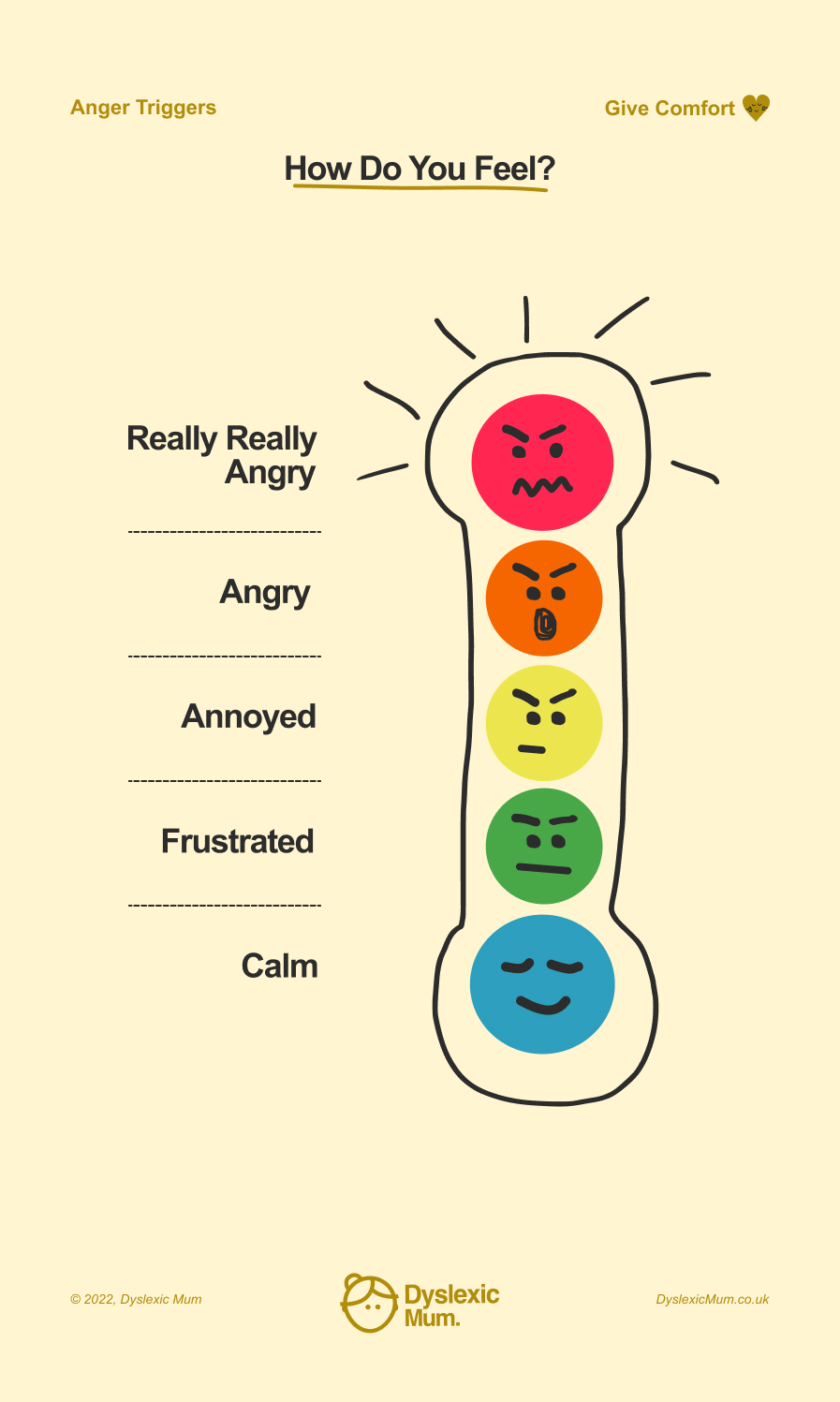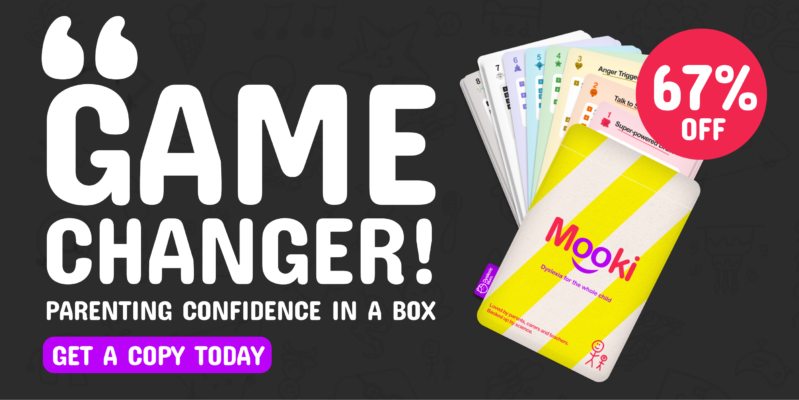Your basket is currently empty!
Help a dyslexic child to manage their emotions, to avoid negative feelings turning into angry outbursts. Anger often stems from a mix of feelings:
- Frustration
- Anxiety
- Stress
- Humiliation
- Shame
Dyslexic children experience strong emotions, which can cause outbursts. School is often tough for them. Learning is hard, and they may face bullying from peers. These bottled-up feelings can overflow at home, leading to shouting, hitting, or breaking things.
Anger Triggers Card
Use the ‘Angry Triggers’ card below when a child shows signs of anger or after an outburst. It can help them express their feelings. This activity from Mooki Cards is based on research about how “Children with dyslexia show stronger emotional responses”.


Avoid angry outbursts dyslexic kids
Read about the experiences of the Dyslexic Mum below, and how struggling with emotions led to her dyslexic child being prone to angry outbursts:
“My child had the signs of dyslexia from a young age. I spotted the signs before she had even started school, before she could read and write. She would get very frustrated, anxious in new situations. Struggle to communicate how she was feeling and this would led to angry outburst. We would have to spend a lot of time calming her down and giving her comfort.
Dyslexia effects children in many more ways than learning how to read and write. It can effect everything from organisation, to being able to control emotions. Dyslexic children have a heighten reaction to emotions and show them more. So when frustrated, stressed, they can get overwhelmed leading to anger.”
Watch the clickable video below. The Dyslexic Mum talks about how to help dyslexic children with their feelings:
When using the ‘Angry Triggers’ card, keep these tips in mind to help the child:
- Avoid blaming the child – Do not scold them or make them feel bad about their anger.
- Discuss anger – Talk about what triggers their anger. How does it feel to be angry?
- Lead by example – Show how you handle anger and tough situations.
- Find solutions – If homework causes anger due to tiredness, agree to do it on weekends or ask the teacher for an extension.
- Ask for help – If they feel stressed or frustrated, encourage them to seek help from an adult to avoid anger.
For more tips on managing children’s behaviour, check out ‘NHS advice for parents.‘
Designed to help dyslexic children Mooki Cards. Complete with 56 cards and storage wallet. Perfect for using at home or in the classroom. Order your Mooki Cards here!

